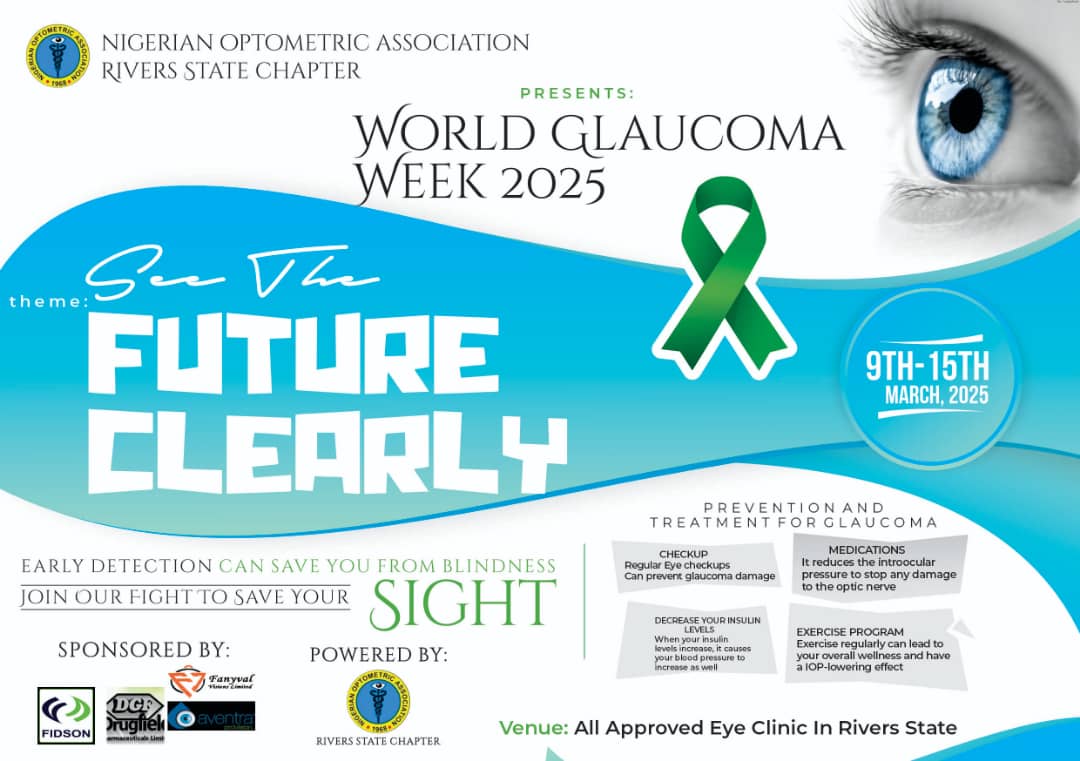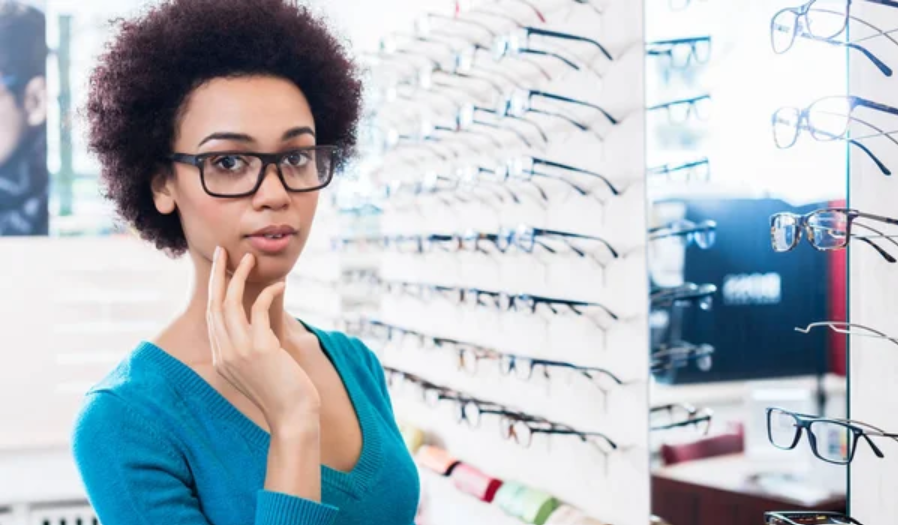
Less Sunshine, More Sickdays: What's Really Going On?
Posted August 16, 2025 by Dr. Oghenevwode Precious Omotor Ejumuemuvwo
If you have noticed more people coughing, sneezing, sniffling, or just looking worn out latelyyou are not imagining it. Across many parts of our country Nigeria, this period (June-September) often comes with a stubborn cloud cover. We are in that season where the skies are often grey, the rain clouds roll in without warning and the once-faithful afternoon sun is nowhere to be found and while we welcome the cooler days, there’s a silent health cost – less Sunshine. And with Less SUNSHINE comes Less VITAMIN D.
WHY VITAMIN D MATTERS
Vitamin D is called the “Sunshine Vitamin” for a reason. It is one of the few vitamins your body can make all by itself but only with the help from sunlight. Cool right?
When the Sun’s Ultraviolet B (UVB) Rays hits your skin, it triggers a chemical reaction that produces Vitamin D. Without enough Vitamin D, your body’s defense system is like a gate left half-open making it easier for viruses and infections to sneak in. So it’s not just about strong bones, Vitamin D plays a huge role in
- · Supporting your immune system so you can fight off infections faster
- · Reducing inflammation in your body
- · Helping your muscles work efficiently
- · Improving mood and reducing fatigue
- · Protecting eye health (Yes your eyes too- Vitamin D helps in reducing the risk of certain eye diseases linked to inflammation and immunity)
- · Keeps your bones and teeth strong. Vitamin D is essential for the body’s ability to absorb calcium, a key component of bone
WHY THE RAINY SEASON MAKES THINGS WORSE
During Nigeria’s Rainy Season (June-September), two things happen.
- 1. Less direct sunlight - Clouds block the UVB rays your skin needs to produce Vitamin D
- 2. We stay indoors more – Whether it’s to avoid the rain or because the weather is cooler, we spend less time outside
Over weeks, this can drop Vitamin D levels significantly, leaving you more vulnerable to colds, flu, joint pain, mood swings and the constant feeling of being “rundown.”
But Wait… How Does This Affect the Eyes?
Low Vitamin D has been linked to:
- · Increased risk of dry eyes due to immune imbalances.
- · Higher inflammation levels that may contribute to certain eye diseases.
- · General fatigue that makes focusing (visually and mentally) more difficult.
Your eyes are part of your overall health, so what’s good for your body is good for them too.
How to Keep Your Vitamin D Levels Healthy
Since the sun is hiding, we have to be proactive:
- 1. Catch the rays when you can – If the sun peeks out, even for a short time, step outside for 15–30 minutes. Morning or late afternoon light is gentler on your eyes and skin.
- 2. Eat Vitamin D-rich foods – Eggs, fatty fish like mackerel and sardines, fortified dairy products, and mushrooms are great options.
- 3. Stay active outdoors – Even on cloudy days, some UVB gets through. Walking, gardening, or doing light exercise outside can still help.
- 4. Check your Vitamin D levels – A simple blood test can tell if you’re low.
- 5. Consider supplements – But only with medical advice — more is not always better.
At HOPEVILLE EYE CLINIC, we believe in caring for your vision as part of your whole body wellness.
Protect your vision. Protect your body. Even when the sun forgets to clock in!
Powered by Froala Editor
Leave a Comment
Your email address will not be published.




0 Comment(s)